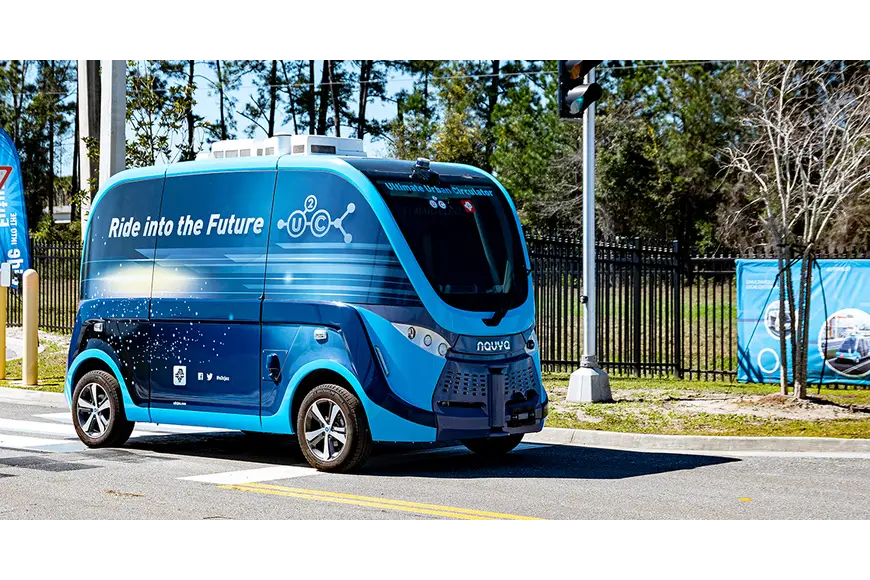Balfour Beatty has begun working on the designs for the Bay Street Innovation Corridor Project, a 3-mile route along Bay Street; this project is the first phase of (Jacksonville Transportation Authority) JTA’s $400million Ultimate Urban Circulator (U2C) plan, intended to replace the two and half mile Skyway monorail, with a 10-mile long vehicle network for autonomous vehicles. Balfour Beatty was awarded a $49 million design-build contract for phase I, and this comes with a seven month deadline for the company to complete 30% of the innovation corridor’s road design.
According to Bernard Schmidt, the JTA Vice President, $3.2 million from the total amount was agreed on as the price for 30% of the Bay Street Innovation Corridor’s design. Schmidt pointed out that remaining costs for the designs, building, maintenance and operation of the Innovation Corridor might change as the development progresses. Schmidt said certain nuances, changes or decisions could end up driving the pricing above or below the budgeted cost, but he was also confident that the price would still be well within their estimated range.
Also Read Tesla to construct US $1bn electric vehicle manufacturing plant in Texas, US
Bay Street Innovation Corridor Project to bring about 12 to 15 autonomous vehicles
The Bay Street Innovation Corridor Project will be developed as a three-mile loop traversing between Pearl Street and A. Philip Randolph Boulevard. This route will run along Bay Street from Hogan Street to the Sports and Entertainment District near TIAA Bank Field, and on completion, about 12 to 15 autonomous vehicles will be placed in service along the route. Schmidt also mentioned that the company is currently deliberating on which vehicles will be used at the later stages of the U2C project. So far, seven vehicles have been tested, and AV Platforms Navya is one the vehicles currently being tested at JTA’s Armsdale Test & Learn center, located at Northwest Jacksonville.
Funding for the Bay Street Innovation Corridor Project comes from several sources which the JTA secured over the past three years and these include federal, state and authority funds such as the $12.5 million BUILD grant from the U.S Department of Transportation, $13 million from the Florida Department of Transportation, $1 million from the North Florida Transportation Planning Organization, and $8.3 million JTA from last year’s fiscal budget. In addition, a $14.2 million appropriation was also approved by the board unanimously to pay the remaining cost of the construction.

Leave a Reply